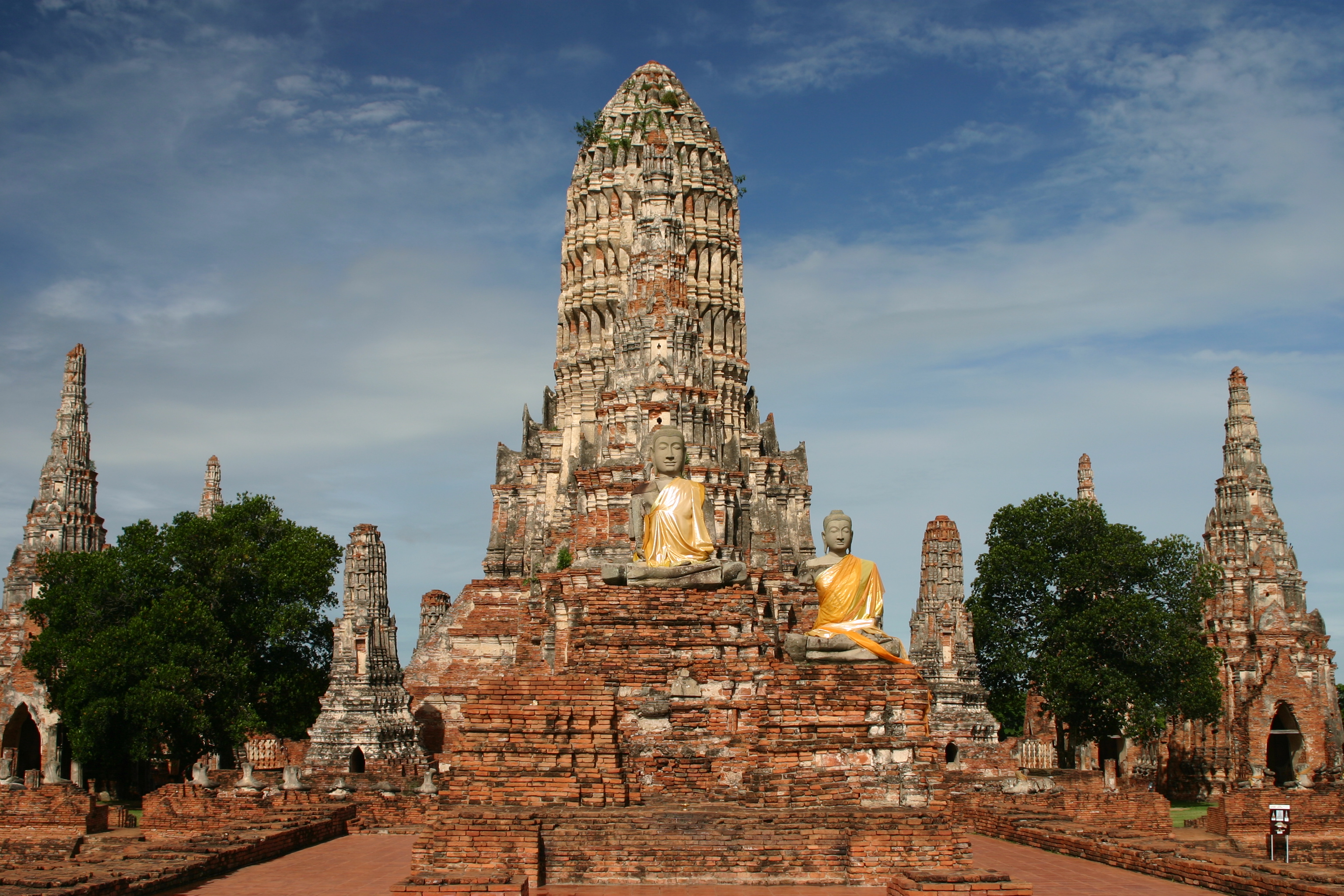Last week, Yingluck Shinawatra became the third prime minister of Thailand to be removed from office by the courts since the military coup that overthrew her brother Thaksin Shinawatra’s regime in 2006.
Videos by Rare
All three Prime Ministers have been accused of being Thaksin’s proxy as he rules from abroad. All three have seen their rule shrouded in political unrest and protests. All three have been democratically elected, and undemocratically removed. Yingluck’s alleged crime was shuffling civil servants back in 2011 to the benefit family members.
Thus continues the sad political spectacle that has roiled the streets of Bangkok for far too long. Each side in this dispute goes by many names. For the sake of brevity, we’ll call them the Democracy Faction (DF) and the Republic Faction (RF).
The DF began with then prime minster Thaksin in 2006 and has since seen three party names and three elected prime ministers come and go. What began as Thai Rak Thai morphed into the People’s Power Party, which later reconvened as Pheu Thai. Each was dissolved by the opposition through military or court order.
The RF managed to deep six the prime ministerships of elected prime minsters Thaksin Shinawatra, Samak Sundaravej, Somchai Wongsawat, and finally Yingluck Shinawatra. All four came to office through democratic means. All four were struck down by the opposition.
Current caretaker prime minister Niwatthamrong Boonsongpaisan (try saying that five times fast!) hails from the DF. It wouldn’t be surprising for the courts to find reason to oust him as well.
Though relatively new to the political scene, DF rabble-rousers are playing hardball. Thaksin’s regime caused such a stir that the elites staged a coup with the sole intention of building minority (or elite) protections into the constitution. For instance, roughly half the country’s senators are democratically elected, with the others are appointed.
This nod to republicanism was specifically targeted by Yingluck in November when she ushered an amendment that would have all Senators directly elected through the houses of the Thai parliament.
Judge Supot Kaimook defended the Constitutional Court’s intervention in the matter by saying, “Thailand’s democratic system allows the majority to set the standard, but once it uses its power arbitrarily and suppresses the minority without listening to reason, this makes the majority lose its legitimacy.”
Much of the country’s military, the courts, the aptly named People’s Democratic Reform Committee, and the equally well-named Democrat Party are RFers in good standing. This political elite, while not altogether opposed to some democracy, is wary of major changes and unwilling to fully relinquish the reins of political power.
Some of the RF criticisms warrant attention. Denunciations of Yingluck’s failed rice scheme, which was arguably used to win favor during her election and has now left many farmers destitute, would be a fair example. But removing four prime ministers from office has also affected things far beyond Bangkok.
In the South a bloody, long-standing conflict with Muslim separatists simmers. Some positive moves forward were recently made on this front. Thailand’s National Security Council and separatist leaders surprised observers by agreeing to peace talks in February.
Though talks stalled, the opening for dialogue was unprecedented. Many hope they will resume, but there is a wrinkle. The prime minister was just indicted for her shuffling of the position of lead negotiator, the National Security Council chief. With her pick out and the old NSC chief demanding his station back, peace is forced to play second fiddle to politics.



